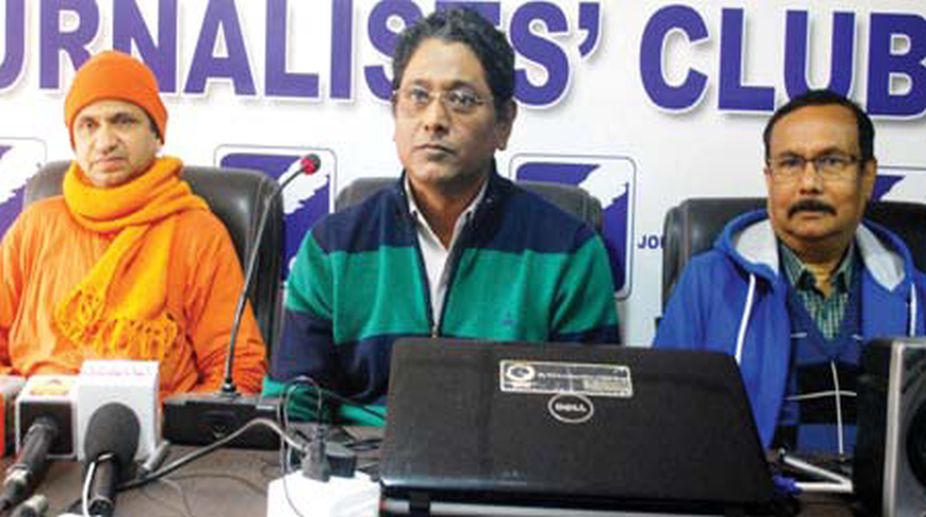United Cup: Norrie, Swan give Britain 2-0 lead over Australia
Cameron Norrie and Katie Swan notched straight-set wins on Day 1 at the United Cup to give Britain a 2-0 lead over Australia in Group D, here on Thursday.

Super Blue Blood Lunar Eclipse
As Siliguri prepares to witness the ‘Super Blue Blood Lunar Eclipse’ after many years, the Sky Watcher’s Association of North Bengal (SWAN), a private organisation recognized by the NASA after-school astronomy initiative, in collaboration with the Ramkrishna Mission (RKM) is organising a free eclipse-viewing camp at the RKM campus on 31 January.
“The day will have a full moon, with the moon at its shortest distance from the earth, making it a Super Moon, while incidentally, it is also the second full moon of January this year. Usually, every calendar month gets one full moon, but in case any particular month like January gets two, the second full moon is called the Blue moon, and as there will be an eclipse, it will be red in appearance, making it blood moon,” SWAN secretary Debasis Sarkar said here on Monday.
Describing the celestial phenomenon to be an extraordinary one, Mr Sarkar said, “The last blue moon with total lunar eclipse occurred on 31 March 1866, while the next such blue moon with total lunar eclipse will occur on 31 December 2028. While the last occurrence of the Super Blue Blood Lunar Eclipse is not known, one cannot also predict that for sure.”
Advertisement
The phenomenon will be visible from any place in North Bengal, entire Bengal and the Northeast region with a partial (dark shadow) beginning at 5:18:27 PM on 31 January. The total duration will be 4 hours, 28 minutes and 26 seconds, with 1 hour 16 minutes and 4 seconds of dark shadow, it is learnt.
The viewing camp will have five ultra-modern telescopes installed, SWAN office bearers said. “Celestron C8 with Go To, Orion 120mm with auto tracker, and 120mm sky watcher telescopes will be used. Specially-trained volunteers from SWAN and RKM will demonstrate and show the eclipse to the public through these telescopes.
Special arrangements will be made for photo enthusiasts to attach their cameras to the telescope to shoot or capture the eclipse. Moreover, SWAN will demonstrate technicalities behind different phenomenon taking place during the eclipse,” added Mr Sarkar.
Advertisement